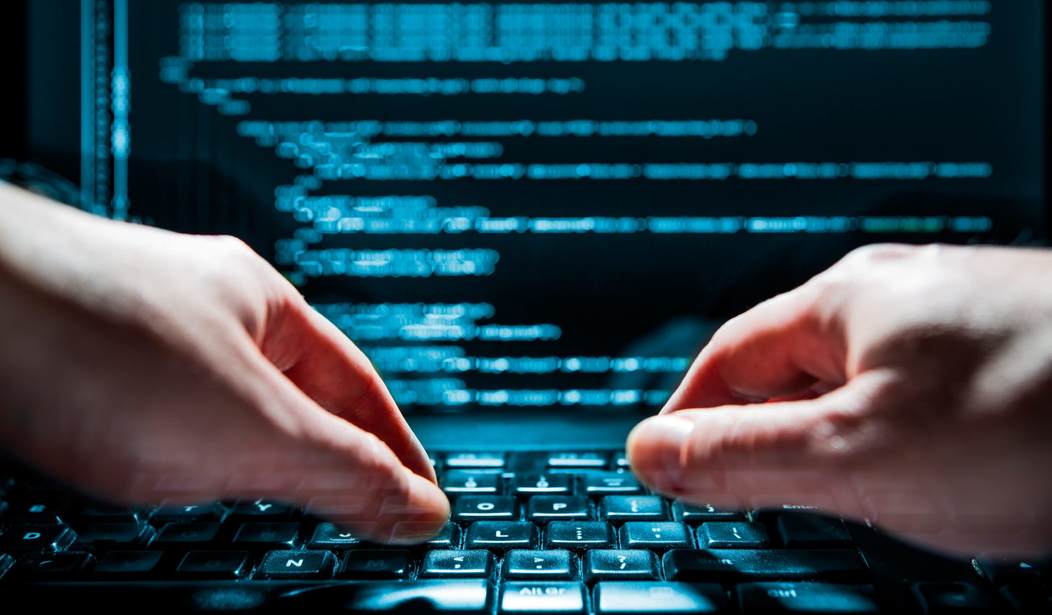Shortly before the 2016 election, the anti-Trump media treated as a political bombshell a story that a Russian bank purportedly had communications with an email server tied to Trump’s business empire.
The FBI concluded last fall that there was likely an innocuous reason for the “odd stream of activity,” but some in the media kept clinging to the narrative, in hopes that a smoking gun would emerge to blow their RussiaGate conspiracy theory wide open. As recently as last week, CNN reported that federal investigators and computer scientists were still examining whether there was a server connection between the Trump Organization and Alfa Bank.
According to a new report in Circa News, Alfa Bank has told authorities that the mysterious communications have resumed — and that they have evidence it could be “the work of a hacker trying to create a political hoax.” They have asked the Justice Department to investigate, and have pledged to cooperate fully.
Via Circa News:
Alfa wants U.S. authorities to help unmask a computer inside the United States that it believes has been used to launch cyberattacks spoofing the appearance of a backdoor communication channel between Moscow and America’s 45th president, according to a source directly familiar with the bank’s request.
The bank believes “these malicious attacks are designed to create the false impression that Alfa Bank has a secretive relationship with the Trump Organization,” the source said, speaking on condition of anonymity.
Alfa Bank has insisted since media stories began appearing last fall about the computer communications — known as Domain Name Server lookups — that it has never had a relationship to Trump or any of his companies and that any computer connections between the two parties’ computers were innocuous. The resumption of the computer pings started last month, and Alfa’s cybersecurity experts traced evidence that the activity was actually being spoofed — or hacked — through a third party from a masked computer address inside the United States, the source said.
The attacks attempted to trigger verification signals between Alfa Bank and a server associated with the Trump Organization, the source said.
The source said the spoofing attempt is equivalent to someone in the U.S. sending an empty envelope to the Trump Towers but putting on the envelope a return address in Russia, causing the Trump server to falsely return the communication back to Moscow.
The source cautioned it does not yet have evidence that the same activity occurred between last May through September, causing the generation of the first server pings that computer scientists reported last fall might be evidence of secret communications between Trump and Russia.
According to Circa, one of the computer scientists who advanced the story about the Trump-Russia connections is a Hillary Clinton supporter. L. Jean Camp, an Indiana University researcher, made 22 donations totaling more than $1,500 to Clinton last year:
She told Circa that her political donations had no bearing on her concerns about the data gathered by a loose group of colleagues who legitimately believed the connections should be investigated.
Indeed, Camp was still pushing the story to CNN in their report last week, saying that “we need an investigation” into the purported ties between Trump and Alfa Bank.
Alfa Bank told CNN that it was trying to identify the person or entity behind the internet traffic:
We believe that DNS traffic in mainland Europe was deliberately captured — in a manner that is unethical and possibly illegal — in order to manufacture the deceit.
After releasing that message, “fear” silenced several of the computer scientists who had been advancing the story in the media. An anonymous source who goes by “Tea Leaves” refused to be interviewed by CNN, and according to an intermediary, was “hiding under a rock.”
Circa News’ Sara Carter:
[Alfa Bank] was hacked three times, this year. This is how they figured this out.
Circa’s John Solomon added:
Take a look at this story’s evolution. A week before the election, headlines that Donald Trump has a secret email connection — a backdoor way of talking to the Kremlin. Then we find out it’s advanced by someone who has a Hillary Clinton sentiment. Now we find out that the whole thing could be related to a computer hoaxer trying to create the impression of it.
Will we ever find out the truth? Was this done by a government entity, was it done by a separate hacker working with another group, was this connected politically? This is something that needs to be investigated.









Join the conversation as a VIP Member